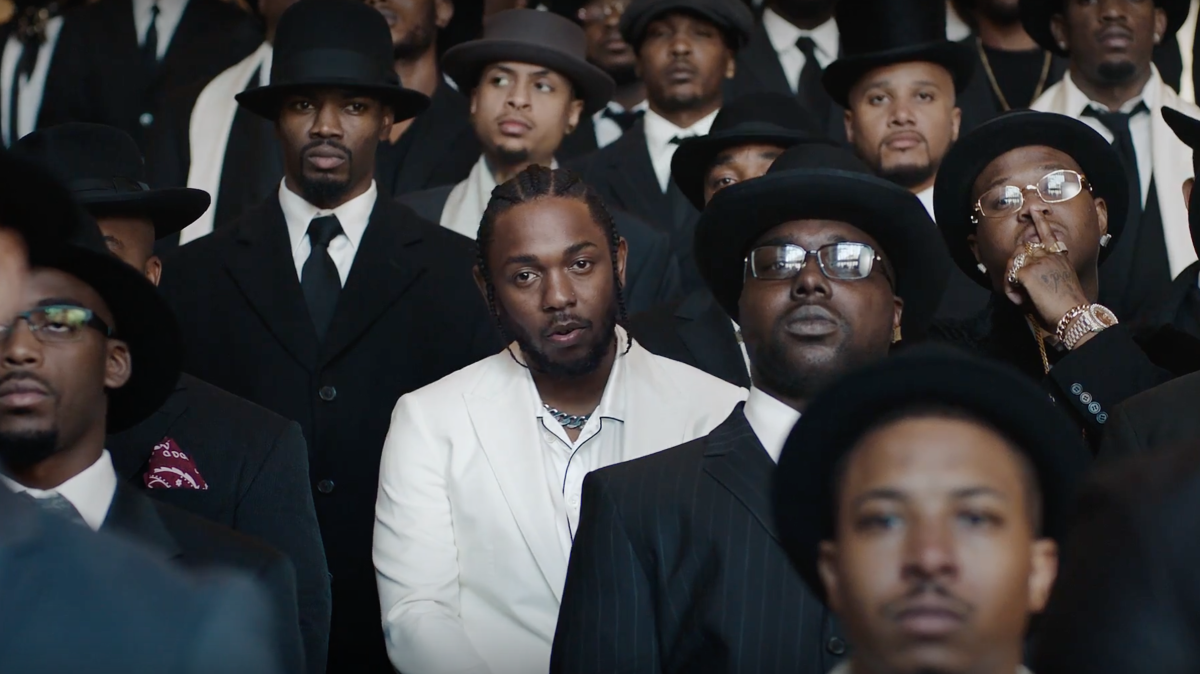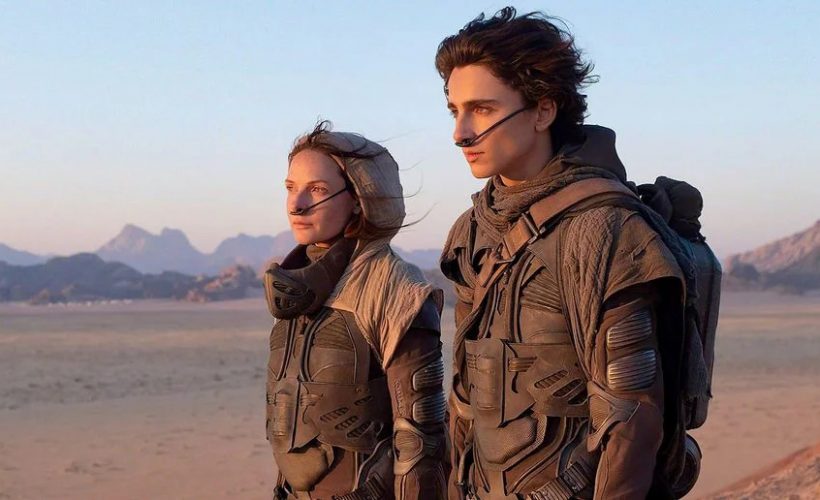Lifestyle
2.20.2020
Arabic secured its spot within hip hop lyrics

Regardless of their personal devotion to Islam, numerous rappers have welcomed Allah, the Arabic word for God, into their narrative, along with commonly mentioned phrases such as “Allahu Akbar” to praise Allah, “As-Salaam-Alaikum” to indicate peace and brotherhood, or “Bismillah” to dedicate the piece to the name of God. Rap emerged from block parties in […]
Regardless of their personal devotion to Islam, numerous rappers have welcomed Allah, the Arabic word for God, into their narrative, along with commonly mentioned phrases such as “Allahu Akbar” to praise Allah, “As-Salaam-Alaikum” to indicate peace and brotherhood, or “Bismillah” to dedicate the piece to the name of God.
Rap emerged from block parties in 1970’s New York City, and Arabic made its’ earliest appearances within the music only about a decade later, through Brooklyn’s MC’s such as Big Daddy Kane and Boogie Down Productions.
Enduring through time, arabic secured its way into the tracks of today’s most praised hip hop. Highly respected artists such as Jay Z, Kendrick Lamar, Kid Cudi, Frank Ocean, Kanye West, Kendrick Lamar each refer to arabic in their work.
Tracing it back to the roots:
Big Daddy Kane:Aint no Half Steppin (1988)
Known for his quick flow and raw lyricism, Big Daddy Kane paved the way for hip hop. In his track Aint no Half Steppin, he makes the almost unprecedented move of introducing arabic into his rhymes:

Rakim, Flow Forever (1999)
Recognized as one of the best lyricists in the rap scene, William Griffin adopted his new name, Rakim Allah, at sixteen when converting to Islam. The New Yorker is known for his powerful and conscious use of faith, including the track Flow Forever, where he features the religious term Bismillah for one of the first times in US rap.

“I love what I live and I live Islam, so I applied it to everything I do,” the rapper told the magazine Final Call. “I applied it to my rhymes and I felt that I wanted the people to know what I knew. I felt that I was put here for that purpose and I just want to fulfill my legacy as far as being a conscious rapper and putting the word that I felt the streets needed to hear out there.”
Yasiin Bey Fear no man (1999)
Formerly known as Mos def, Yasiin Bey is another founding father of conscious rap and another pioneer in the interweaving of arabic into hip hop. He begins all his projects with the first word of the Quran, Bismillah, dedicating his work to god. The first track, of the album “Black on Both Sides” is no exception.

Ghostface Killah Underwater : (2006)
A well respected member of legendary Wu-Tang Clan, Ghostface Killah also utilizes the arabic word Bismillah in his solo track Underwater, a term which is said as a blessing before eating food among other actions that are considered worthy of giving thanks to Allah or asking of His support.

Frank Ocean Bad Religion (2012)
The cult-icon, born as Christopher Edwin Breaux, made the list despite his divergence from the standard notions of hip hop; as he blurs the lines of musical genre that were once drawn with a thick marker. He has revitalized
In his track Bad Religion, he mentions the spiritual exchange initiated by his taxi driver, who tells him “Allahu Akbar,” meaning “God is [the] greatest.” Within this context, the Arabic phrase was used to put Frank Ocean’s problems into perspective, while it also serves, more broadly, as a protective oath used in Islam—including at the beginning of the adhan (call for prayer).

Kendrick Lamar Untitled 2 (2016)
Among the generations more highly regarded rappers, Lamar utilizes intricate storytelling to pass on a greater message of unity –regardless of faith. In this track, within the Unitled Unmastered album, he bridges the gap between Christianity and Islam, who he believes share much more common ground than many assume.

Joey Badass Rockabye Baby (2017)
As an introspective rapper, Joey Badass’ track Rockabye Baby featuring ScHoolboy Q is a reflection of his uncertain place within American society. He cites the divisive Muhammad Ali as a point of reference to express how he feels in a polarized nation. Although Joey has not converted to Islam, like the famous boxer, he relates to him in his ability to create controversy despite his pure intentions.

Asap Ferg Plain Jane (2017)
The Harlem-born rapper used of the commonly used phrase “Alhamdulillah” meaning “Praise be to Allah” as an alternative to saying “all praise go to god.” He explains that although he himself is not muslim, he believes there ultimately is one God and one all-encompassing energy.
Drake Diplomatic Immunity (2018)
Belonging to the generation of rappers who gained recognition through internet mixtapes, Drake hopes his purpose will become clearer for those who doubt him, which he alludes to in one of his later tracks Diplomatic Immunity. The use of Inshallah (إن شاء الله) Arabic for “if God wills it” is a continued Arabic reference after he cites the Qatari media Al Jazeera.
See also
https://kawa-news.com/le-rappeur-will-i-am-donne-de-la-voix-pour-lexpo-2020-dubai/" target="_blank" rel="noopener noreferrer" class="c-post-single__link-block-content">Rapper Will.i.am gives voice to Expo 2020 Dubaipopular

